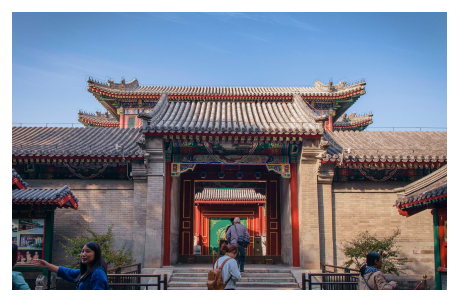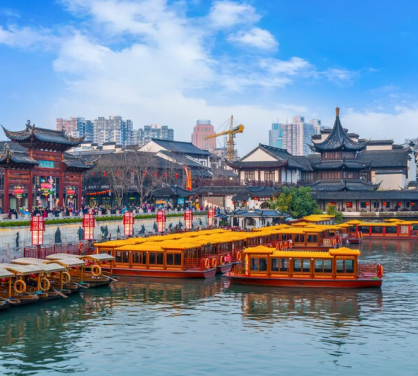Highlights
Stroll ancient streets and explore vibrant markets filled with local delights.
Discover the history of the village with insights from your expert guide.
Enjoy a scenic boat ride through Zhujiajiao’s picturesque canals.
Inclusions
Professional Private guide
Bottled water
Private transportation
All Admission
Exclusion
Outskirt hotel pick up and drop off ( Can be arranged at surchrge)
Tour Duration: 5 hours
Live tour guide : English
Private tour : Yes










